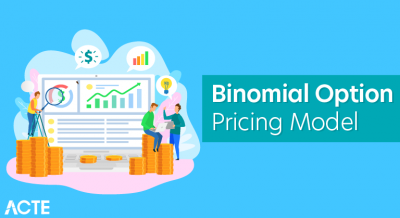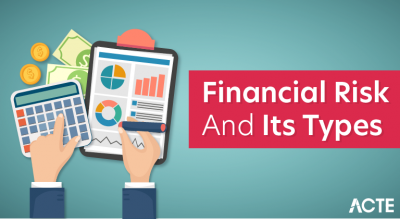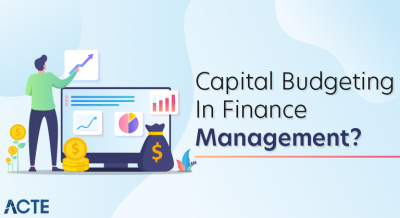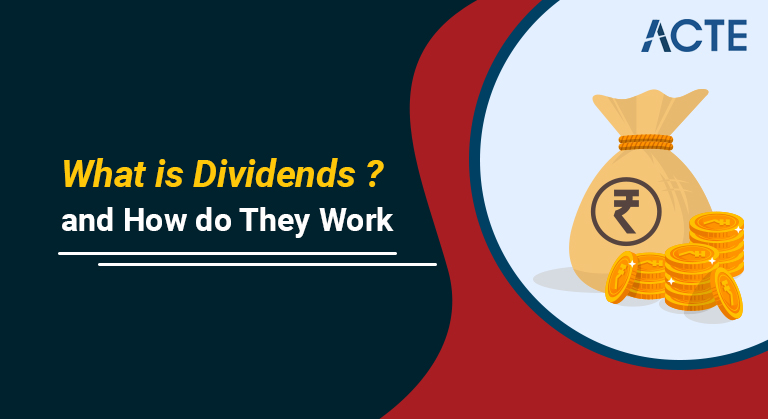
- What are Dividends?
- Kinds of Dividends
- Cash profits can be as normal profits, unique profits or selling profits
- Profit Payment Dates
- What is Dividend Policy?
- Profit Policy and Stock Value
- The profits are by and large paid dependent on a payout strategy of the organization.
- The directorate of the organization announces the profits consistently. In certain wards, for example, UK, these board activities require the endorsement of the investors. Nonetheless, in different purviews, for example, US, such endorsement may not be needed.
- Profits are by and large paid as a proper sum for every offer. For instance, $1 per share. Consequently, the investors will get the profits dependent on their property.
- Not at all like, the installment of interest and head of corporate bet, the installment of profits to normal investors isn’t obligatory, as in view of the organization’s presentation; the organization might choose not to deliver profits in a specific year.
- Installment of profit isn’t viewed as a cost, rather is paid to investors from the later assessment benefits. In certain purviews, the profits might be charged at the investor level. The duty treatment of profits may likewise vary from capital additions charge.
- The profits can be paid in many structures like money profits, additional profits, stock profits, stock parts, and converse stock parts.
- The installment of profits is significant for monetary examiners as they influence the stock costs and the profit from speculations.
What are Dividends?
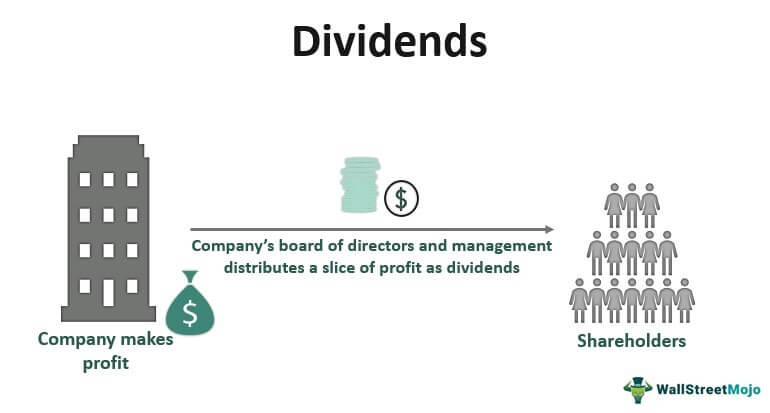
In Finance Management, profits are a part of the organization’s benefits paid out to its investors. At the point when an organization procures a benefit, there are two manners by which it can use the excess assets. The organization can either choose to reinvest the benefits in the business (held profit) or disseminate it to it’s investors. The conveyance of money to the investors takes two structures: one is share repurchase, and the other is profits.
The following are a couple of striking highlights of profits:
Kinds of Dividends :-
An organization can deliver profits in a wide range of structures. The most widely recognized type of profit installment is cash profits. How about we investigate the various types of profits:
1. Cash Dividends: An organization might choose to deliver profits as money dependent on a timetable. Cash profits can be standard profits, unique profits, or exchanging profits.
2. Stock Dividends: For this situation, the organization delivers profits as new stocks, instead of changing out.
3. Stock Splits: For this situation, the organization chooses to part each share into various offers. A 2-for-1 stock split implies every old stock is parted into two new stocks.
4. Switch Stock Splits: Reverse stock parts work precisely inverse to stock parts. Rather than dividing shares, different offers are joined into less offers. For instance a 1-for-2 converse stock split methods 1 new offer is given for each two old offers.
- Normal Dividends: These are the profits that the organizations’ compensation dependent on a customary timetable (quarterly, semi-yearly, or yearly). Companies genuinely must keep a steady record as it is viewed as an indication of monetary soundness. An expansion in standard profits is likewise considered a positive sign that straightforwardly impacts the offer cost.
- Extraordinary Dividends: Special profits are paid either by organizations that don’t deliver customary profits or by organizations that deliver ordinary profits notwithstanding their standard profits as a one-time profit. Such profits are generally paid in exceptional conditions, for example, when an organization has colossal abundance money or makes marvelous income in a specific period. These are additionally called sporadic or additional profits. Organizations in repeating businesses for the most part take on this type of profits. They will deliver less normal profits however will report unique profits in fun occasions.
- Selling Dividends: When an organization leaves business and exchanges every one of its resources, it disperses the returns from liquidation to the investors through exchanging profits. In any event, when an organization sells a piece of its resources and conveys the returns to investors, it’s known as exchanging profits. At times, an organization may likewise
Cash profits can be as normal profits, unique profits or selling profits :-
Stock Dividends :-
Stock profits are the profits paid as new stock instead of changing out. This is otherwise called the reward issue of offers. As a general rule, organizations deliver 2-10% of stock profits on the absolute offers remarkable.
At the point when profits are paid in this structure, later the profit installment there will be more offers remarkable, in any case, the worth of each stock would have diminished.
For instance, expect that an investor has 10 portions of $10 each. The complete worth of offers is $100. Assuming the organization delivers 10% stock profits (1 new stock), the investor will currently have 11 offers esteeming $100. The worth of each stock will presently be 9.09.
- Announcement date: This is the principal date on course of events on which the organization formally proclaims a profit, be it an ordinary profit or some other kind of profit. The organization’s board approves the profit installment and it is declared. On this date, the organization will likewise declare the record date and the genuine installment date for the profit.
- Ex-profit date: Also called the ex-date, it is the date from which the stock beginnings exchanging without profit. Along these lines, any financial backer who buys the stock on or later the ex-date will do as such at the post-profit cost. Any financial backer who claims the stock before this date will get the profits. In most worldwide business sectors, the ex-profit date is set two days before the record date. This is done to adapt to the settlement cycle, which is T+3. In business sectors like Hong Kong Stock Exchange, the ex-date is one day before the record date since they have T+2 settlement cycle.
- Record date: Also called holder-of-record date, this is the date on which the investors with the responsibility for stock are assigned to get the profit. This date is generally two days later the ex-profit date. This date is dictated by the organization and is for the most part multi week to one month later the statement date.
- Installment date: This is the date on which the profit is really paid out to the investors. This date is additionally settled by the organization and can fall on any date including a public occasion. The time between the record date and installment date can change from a couple of days to a month or more.
Profit Payment Dates
When an organization chooses to deliver the profits, the course of profit installment begins. The profit installment order is very normalized however may have a few varieties in various business sectors.
Here we will take a gander at the normal and significant dates in the order:
What is Dividend Policy?
When an organization creates a gain, they should settle on how to manage those benefits. They could keep on holding the benefits inside the organization, or they could pay out the benefits to the proprietors of the firm as profits. When the organization settles on whether to deliver profits, they might build up a to some degree extremely durable profit strategy, which may thus affect on financial backers and view of the organization in the monetary business sectors. What they choose relies upon the circumstance of the organization now and later on. It additionally relies upon the inclinations of financial backers and expected financial backers.
Leftover Dividend Policy: The term remaining profit alludes to a strategy for working out profits. A profit is an installment made by an organization to its investors. It is basically a part of the organization’s benefits that is partitioned among individuals who own stock in the organization. A lingering profit strategy is one where an organization utilizes remaining or extra value to support profit installments. Commonly, this technique for profit installment makes unpredictability in the profit installments that might be unwanted for certain financial backers.
Profit Policy and Stock Value :-
Profit Irrelevance Theory: This hypothesis implies that an association’s profit strategy has no impact on either its worth or its expense of capital. Financial backers esteem profits and capital gains similarly.
Ideal Dividend Policy: Proponents trust that there is a profit strategy that finds some kind of harmony between current profits and future development that boosts the association’s stock cost.
Profit Relevance Theory: The worth of a firm is impacted by its profit strategy. The ideal profit strategy is the one that boosts the company’s worth.


